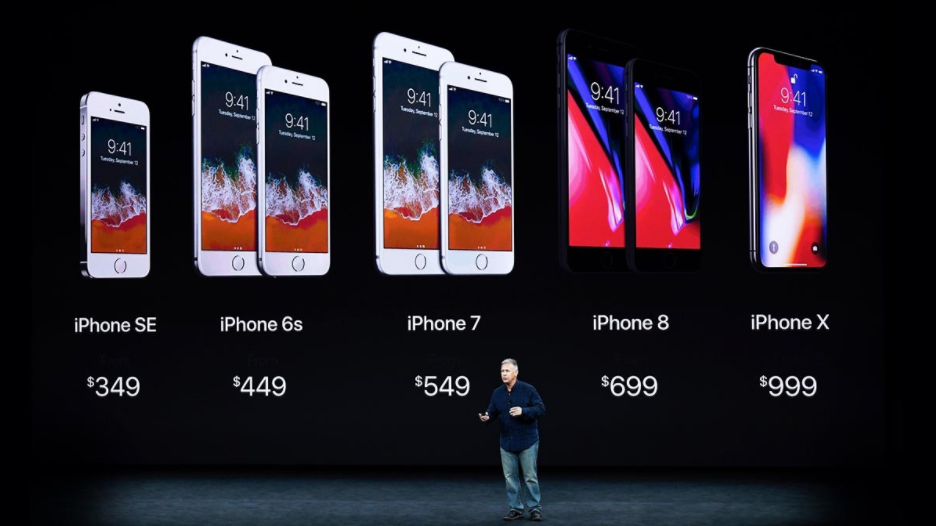 3471
3471
 2017-09-25
2017-09-25
Apple made headlines by announcing that the price for its new iPhone X (a fancy term for 10) will range from $999 to $1,149. These prices are commanding attention because they are significantly higher than the base prices of the two other iPhone models that were also announced, the 8 ($699) and the 8 Plus ($799). The X’s price is also noteworthy because it approaches, and breaches, the key threshold of $1,000. Boosting prices into four-digit territory crosses an important psychological barrier for consumers.
This is a pricing strategy similar to the one successfully implemented by the Eagles. The popular Southern California band, whose album Their Greatest Hits 1971 – 1975 is the second highest-selling album of all time, had broken up in 1980. After a 14-year hiatus, the band reunited to release a new album and embark on a worldwide tour. What differentiated this tour, from a pricing perspective, is that the Eagles were the first major rock band to break the $100 ceiling of concert prices by selling tickets above that critical threshold.

Apple shares the band’s aspiration of setting an expectation of unrivaled greatness in consumers’ minds. In announcing the release of the iPhone X, Apple’s CEO, Tim Cook, unabashedly declared, “It is the biggest leap forward since the original iPhone.” Bold marketing words are nice, but consumers are bombarded with, and often let down by, bubbly claims. As a result, we cynically filter the validity of these pitches. Setting a premium price is more of a concrete look-you-in-the-eye pledge: “It’s going to cost you, but believe me, it’s worth it.”
In my view, Apple missed the opportunity to further use price to psychologically convey confidence. Specifically, it should have avoided the “end in 9” game for the iPhone X. Prices that end in 9 are typically coded by consumers as being much cheaper than the next number, ending in zero (99 cents versus $1.00, $99 versus $100, $999 versus $1,000). If the iPhone X is as revolutionary as Cook claims, he should have the confidence to say “We are not playing games — the price is $1,000.”
Pricing is far more than a strategy to equate demand with supply; it has many nuances. And, as was the case with the Eagles, so far it appears that Apple’s pricing strategy is working. The media is buzzing about the X’s high price. Gene Munster, a leading Apple analyst, has predicted that 30% – 40% of Apple’s customers are willing to pay $999 for the new iPhone. Now the waiting game begins to see if media and customer reviews will match expectations, and enable Apple to maintain its rock-star status.
Source: hbr